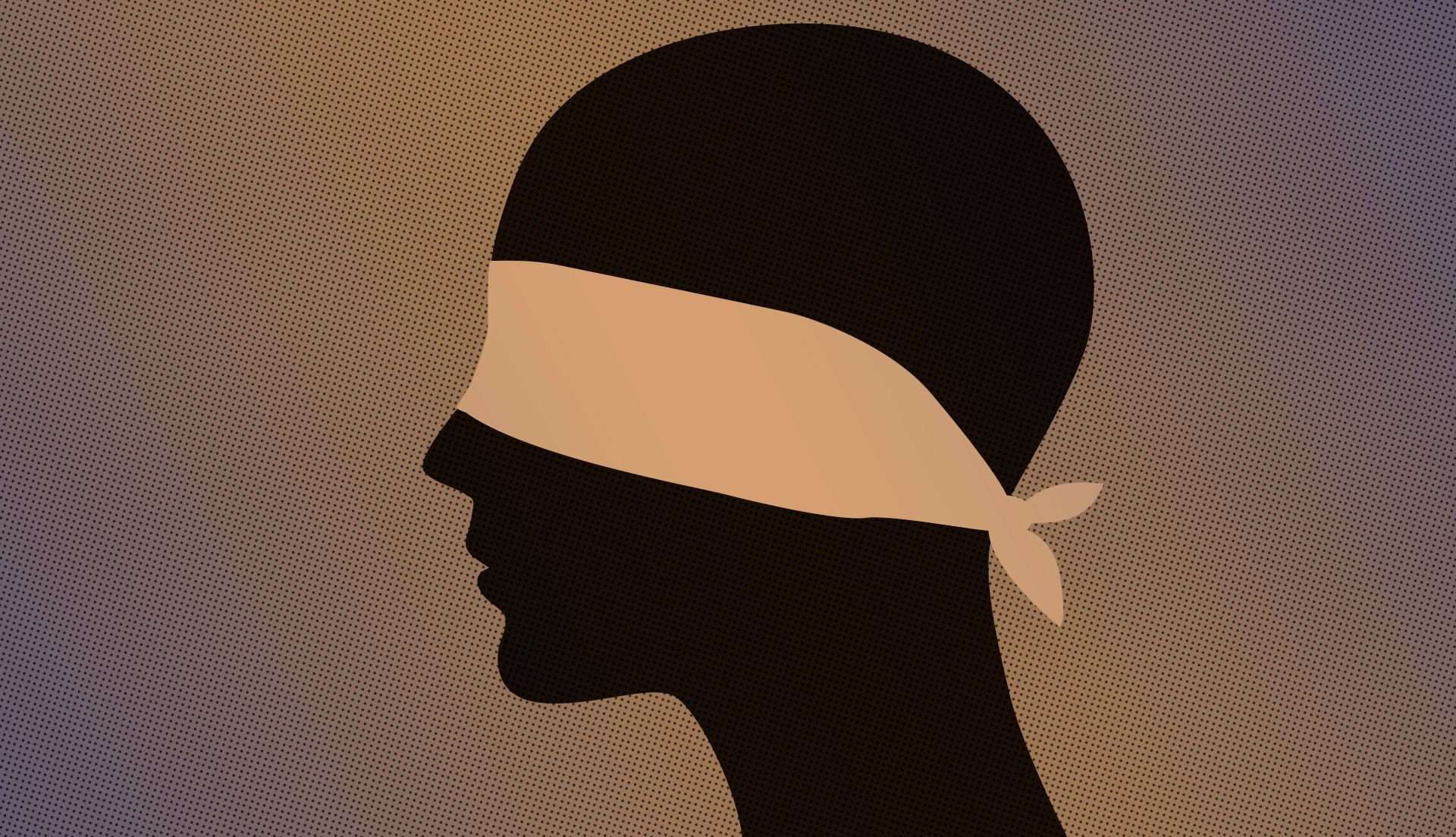
Before the war... How did the tribes speech overwhelm?
Al Asmai Bashari
I followed with great heartbreak; Speeches circulating in Sudans political landscape shortly before the war, which influenced Sudans political and social reality, have profound effects.
At a short time, a culture of prejudice was created by its closure and created an underdeveloped and authoritarian reality in all State institutions.
After the coup d état of 25 October 2021 year, while the coup d état authority turned a blind eye to local events such as the Blue Nile Valley and the events of the Southern Kordofan city of Lagawa, which were described by rights reports as forced displacements and systematic killings.
Meanwhile, tribal discourse within the political scene grew more intense, with civil administrations continuing to threaten and promise to draw red lines, defending their affiliates within the coup d état.
In the meantime, it was not a week after the threats made by the Rizeigat tribe overseer in the face of all those who were trying to undermine the commander of the Rapid Support Forces (RSF) and the coup authority partner, Dagalo, until the exit of the All Nuba Council; At a press conference in Taiba Press, on 18 October 2022, he threatened anyone who was begged to harm then Sovereign Council member Lieutenant General Kabashi. Before them, Nazir al-Beja Turk remarks, to protect the return of the last Prime Minister of the Bedouin regime, Mohamed Tahir Ella. In addition to the coup leaders tours of his social belt in River Nile state.
This clearly pointed out that the leaders of the coup d état in the Sudan, from their earliest days, resorted to fuelling tribal fever and destination, as an incubator of their ill-fated coup d état, paving the way for the rise of its tone and, according to their rhetoric, the rise of its political rhetoric.
The writer and political researcher Dr. El-Shafie Khader, in an article since July, published by the London newspaper Al-Quds Al-Arabi, said on the political crisis in the Sudan, urgently demanding that the top priorities of the agenda and activities of the political and civil movement and resistance committees are a fateful two-pronged mission that is interlinked.
According to the article, the first is to make the utmost effort to overcome the fragmentation and division between the parties and factions of these forces, and to work to unite them according to a new formula of joint fraternal action. It also works to clear the atmosphere and restore the healthy course of the relationship between political and civilian forces and resistance committees on the one hand, and the armed movements that have signed the Juba Peace Agreement on the other.
All these forces should agree on new constitutional measures and procedures whereby the current constitutional document will be amended, or a new constitutional document will be proposed, governing the establishment of an agreed mechanism to immediately and as soon as possible initiate the formation of transitional governing bodies, sovereign and executive, from non-partisan civilian competencies, the composition of the Transitional Legislative Council, the restructuring of judicial bodies, independent national commissions and the National Security Council Council. The functions and powers of all these organs and bodies, including those of the High Council of the Armed Forces, are carefully defined.
The second aspect, according to Khader, of this fateful task is the awareness and conviction that fighting and bloodshed between tribes and ethnicities in various regions and states of the Sudan are not questioned by local and tribal leaders in those regions and states, but rather by Khartoums rulers and political elites.
That consciousness and conviction must be transformed into a concrete act that made the utmost effort to silence the discourse. which spews racism, albeit enveloped, among many of the countrys leaders and elite leaders, It works to defeat the wrongdoing inherited from the policies and practices of the obsolete system and continues to be adopted by some leaders today which is to assimilate this tribe or that tribe, and to follow the style of political satisfaction with leaders, houses and tribal symbols and by framing single states and administrative entities to create new states and community departments, To satisfy specific tribes, identities and ethnicities, and by distributing weapons to these tribes so as to support them in fighting their opponents.
The three decades of Islamist rule had dismantled the structure of the civil administration, planted pockets of it by force of arms, and money in Aton political conflicts to protect the Islamic Front regime. Before the rescue, the civil administrations role was based on traditions and customs characterized by a balance of equal opportunities in social and economic activity, which was modified from one anothers balance of power. But the assimilation of some by the Islamist regime has created a new reality, the result of which we are now reaping in hostilities, bringing the tribe into politics and protecting criminals.
The absence of civilian forces in eastern Sudan, Southern Kordofan and Blue Nile The coups d état encouraged the two parties to take advantage of these fragile conditions in order to threaten peace and security. and outright racism to gain more power in its political and economic brotherhood, With the ambition of the military and militias, things have become more complex, making tribal discourse an alternative to civilian politics, The outbreak of the deadly disease of racism is an alternative to Sudanese societies post-revolution dialogue and the glorification of freedom, justice and social peace.

